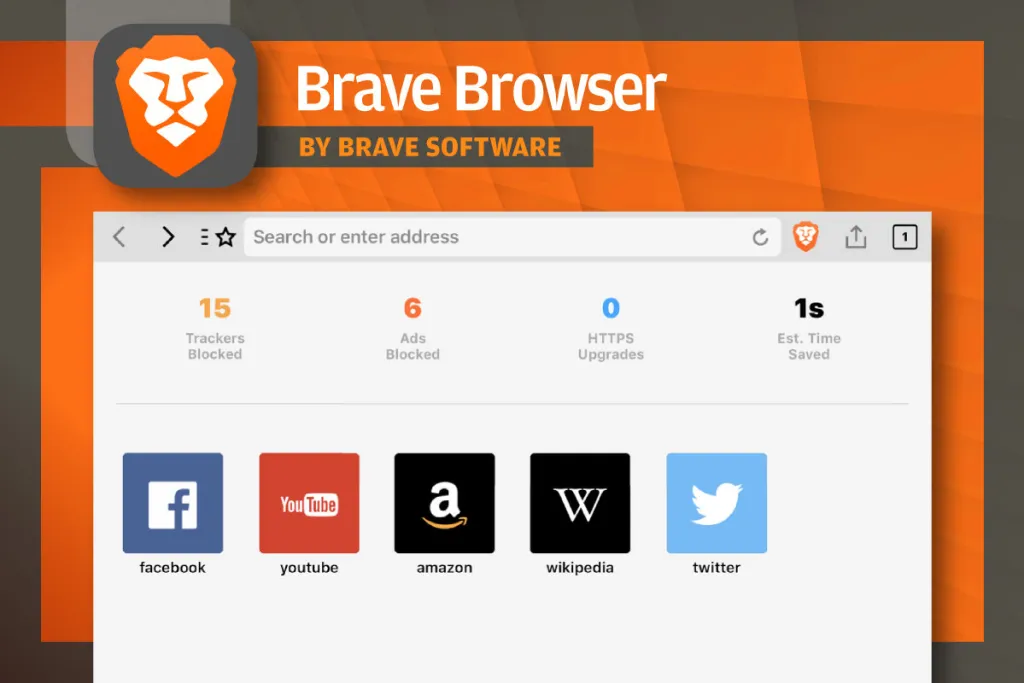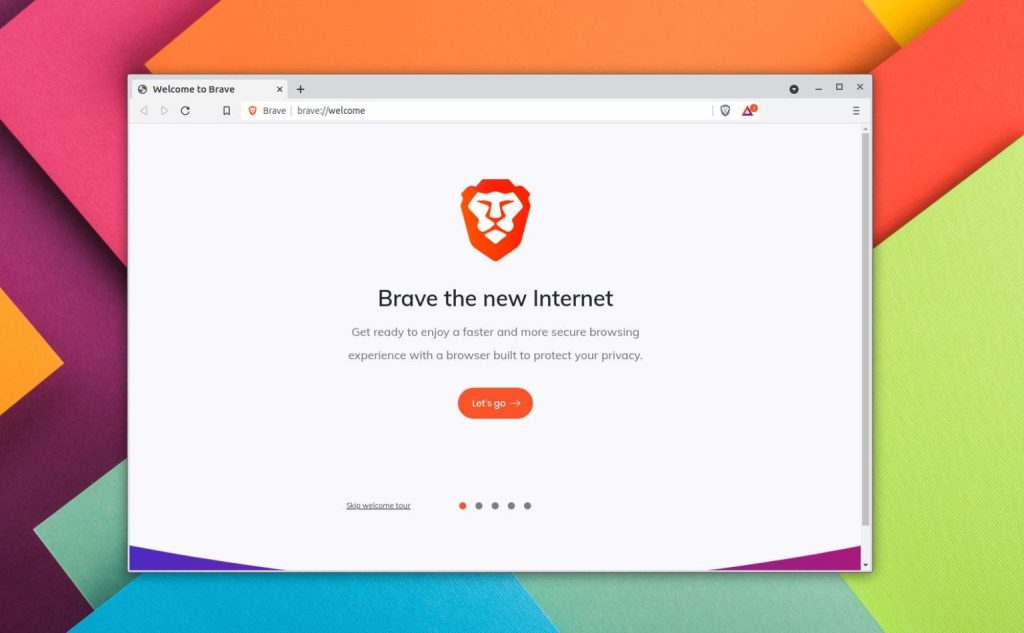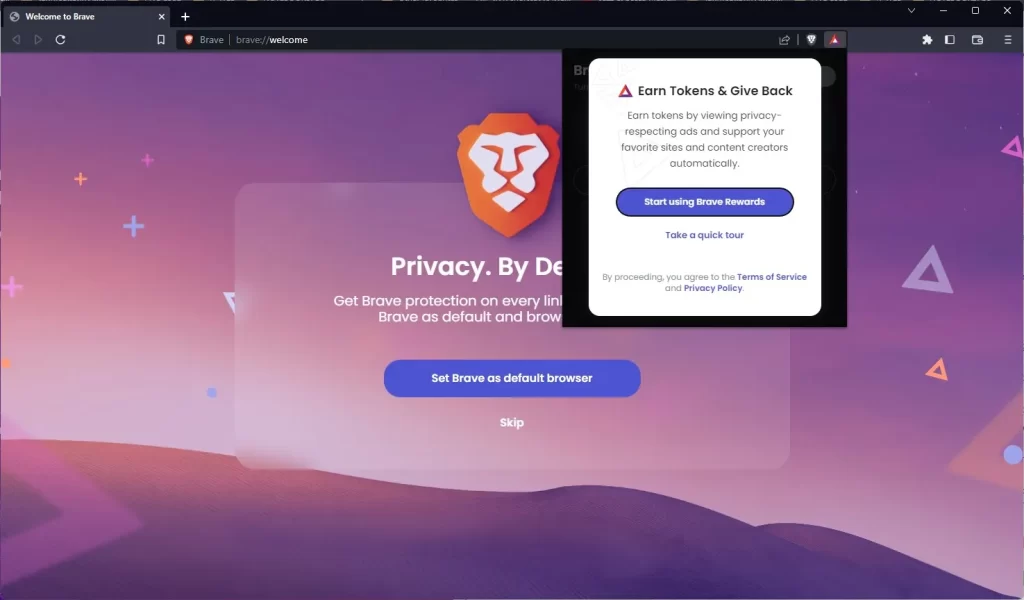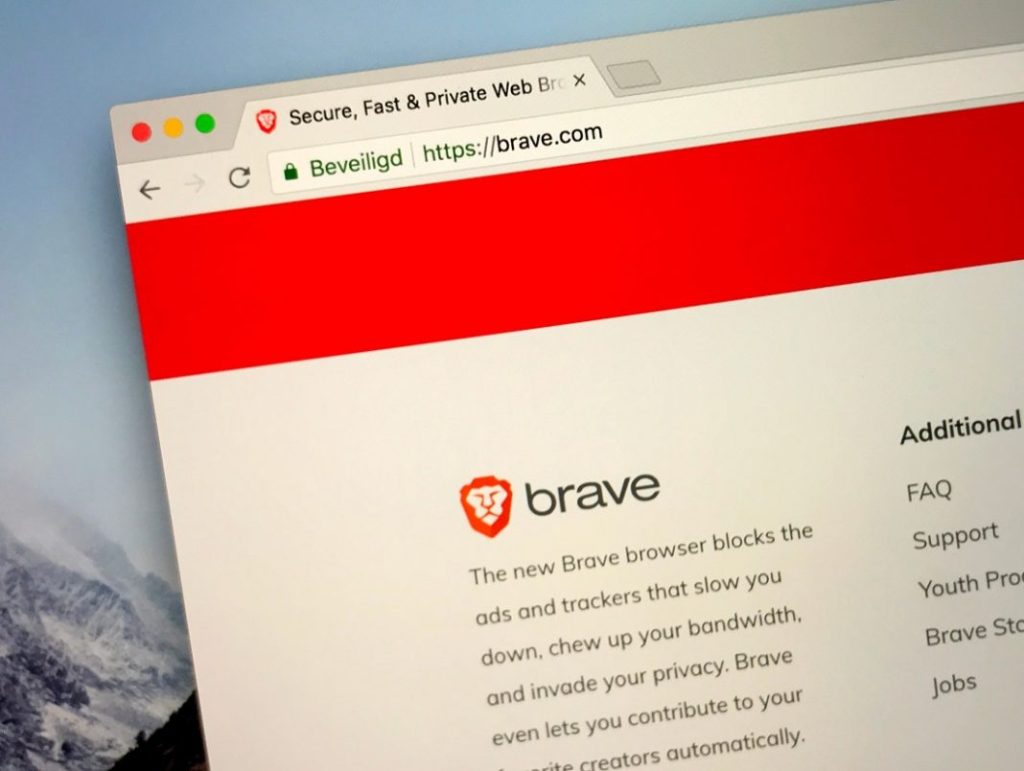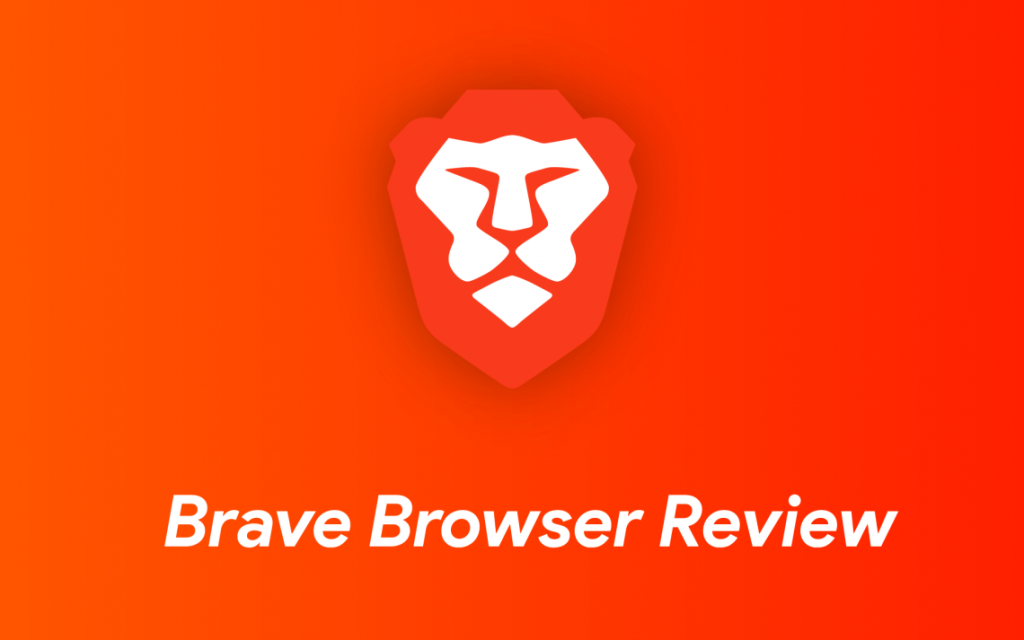Introduction
Web browser have become an indispensable part of our daily lives, serving as gateways to the vast expanse of information and entertainment available on the internet. From accessing social media platforms to conducting research, shopping online, or streaming our favorite movies and TV shows, browsers have revolutionized the way we interact with the digital world. Their significance cannot be overstated; browsers act as intermediaries between us and the internet, allowing us to navigate websites effortlessly and explore a myriad of online resources.
The Gateway to a Digital Universe
Every time we open a browser, we unlock endless possibilities. Browsers provide us with access to an ever-expanding wealth of knowledge, enabling us to stay informed on current events or delve deep into niche interests.
They offer instant connectivity with people across the globe through email services and various communication platforms. Moreover, browsers serve as essential tools for work purposes, facilitating online collaborations and access to cloud-based applications.
Navigating Complexity with Ease
In this fast-paced digital age, where information overload is a constant challenge, browsers play a crucial role in simplifying our online experiences. They enable smooth navigation through complex websites by interpreting HTML code and rendering web pages in a visually appealing manner. With intuitive interfaces and user-friendly features such as bookmarks and history logs, browsers empower us to effortlessly find and revisit our favorite websites or track previously explored content.
Overview of the Purpose of the Outline
The purpose of this outline is twofold: firstly, it aims to provide readers with an understanding of the importance of web browsers in their daily lives – highlighting their significance beyond being mere tools for accessing websites. Secondly, this outline will guide readers through an extensive exploration of browser tips that can enhance their browsing experience by optimizing performance, customizing interfaces for personal preferences, improving productivity, and ensuring privacy and security in a digital landscape fraught with threats. By following this comprehensive outline, readers will gain valuable insights into choosing the right browser for their needs, discovering advanced browsing techniques to multitask efficiently, customizing browser settings for personalized experiences, and adopting privacy measures to protect their sensitive information.
Understanding BrowsersA Gateway to the Digital World: Uncovering the Inner Workings of Web Browsers
Web browsers have become an indispensable tool, serving as our window into the vast digital universe. But what exactly is a browser?
At its core, a browser is a software application that allows users to access and view websites, documents, and other online content. Acting as an intermediary between users and the Internet, browsers retrieve web pages from servers and render them in a user-friendly format.
The evolution of web browsers has been nothing short of remarkable. In the early days of the internet, pioneers like Mosaic and Netscape Navigator paved the way for today’s sophisticated browsing experience.
Mosaic, developed by the National Center for Supercomputing Applications (NCSA) in 1993, was among the first graphical web browsers that enabled users to navigate through text, images, and hyperlinks. As technology advanced and demands grew exponentially, modern browsers emerged with enhanced features and improved performance.
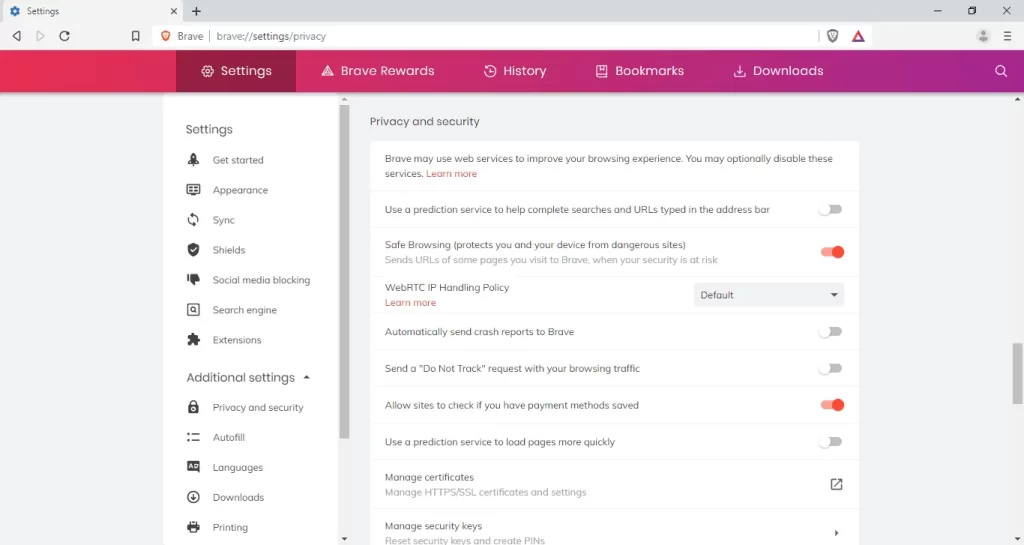
Today’s leading browsers like Google Chrome and Mozilla Firefox dominate the landscape with their speed, security measures, and extensive functionalities. Browsers are available in different flavors tailored for various platforms.
Desktop browsers reign supreme on traditional computers or laptops where users enjoy larger screens and more robust capabilities. On the other hand, mobile browsers cater to smartphones and tablets—bringing fingertip access to websites on smaller displays but ensuring optimal performance on handheld devices.
Choosing the Right Browser for You
Comparison between popular browsers:
When it comes to choosing the right browser for your needs, there are several prominent options available today. Three of the most popular browsers are Google Chrome, Mozilla Firefox, and Microsoft Edge.
Each of these browsers offers unique features and advantages that cater to different user preferences and requirements. Understanding their characteristics can help you make an informed decision.
Google Chrome:
Google Chrome has emerged as one of the leading web browsers, widely known for its speed and user-friendly interface. One notable feature is its seamless integration with other Google services such as Gmail and Google Drive.
Chrome offers a vast selection of extensions from its Web Store, allowing users to customize their browsing experience by adding extra functionalities. To optimize performance in Chrome, it is recommended to regularly clear browsing history and temporary files, disable unnecessary extensions or plugins, and enable hardware acceleration if available.
Mozilla Firefox:
Mozilla Firefox is another popular browser that emphasizes privacy and security while offering a rich set of features. Its open-source nature allows for extensive customization options through themes, add-ons, and plugins created by both Mozilla and third-party developers.
Firefox provides robust privacy settings by enabling Enhanced Tracking Protection by default which blocks many online trackers from collecting your data. Users can also fine-tune privacy settings according to their preferences in the browser’s options menu.
Microsoft Edge:
Microsoft Edge has undergone significant improvements over the years and now stands as a strong contender among web browsers. This browser boasts smooth performance, compatibility with Windows devices, and integration with Microsoft services such as Office 365.
It utilizes relatively less system resources compared to some other browsers due to its efficient rendering engine (Chromium-based). Users can enhance productivity using features like Collections that allow organizing related content into groups or using vertical tabs for efficient tab management.
Selecting the right browser depends on your priorities, whether it’s speed, customization options, privacy features, or compatibility with specific platforms. Consider these aspects along with the features and advantages provided by Google Chrome, Mozilla Firefox, and Microsoft Edge to make an informed decision that aligns with your browsing needs and preferences.
Browser Customization and Settings
Personalizing your browser interface
When it comes to personalizing your browsing experience, modern browsers offer a plethora of options. One way to customize your browser interface is by changing its theme.
Themes allow you to modify the appearance of your browser, such as the color scheme, background image, and even the overall layout. Whether you prefer a sleek and minimalistic look or a vibrant and eye-catching design, there are numerous themes available for popular browsers like Google Chrome or Mozilla Firefox.
Themes, extensions, and add-ons
Themes are just the beginning when it comes to customizing your browser. Extensions and add-ons take personalization to another level by adding extra features and functionality. These small software programs can enhance productivity, improve security, or simply make browsing more enjoyable.
From ad-blockers that eliminate intrusive advertisements to password managers that securely store your login credentials, the range of extensions available is vast. Additionally, many browsers have their own dedicated web stores where you can browse through thousands of options.
Keyboard shortcuts for efficient browsing experience
Mastering keyboard shortcuts can significantly boost your browsing efficiency by saving precious time wasted on manually navigating menus or using the mouse. Most browsers offer a comprehensive set of keyboard shortcuts that allow you to perform various actions with ease.
For example, pressing Ctrl + T opens a new tab instantly in most modern browsers while Ctrl + Shift + T reopens recently closed tabs. By familiarizing yourself with these shortcuts (or even customizing them), you’ll be able to navigate between tabs, switch search engines quickly or access bookmarks effortlessly.
Managing bookmarks effectively
Bookmarks serve as handy tools for saving and accessing websites you frequently visit without having to remember their URLs or perform searches repeatedly. To manage bookmarks effectively, it’s essential to organize them into folders or categories.
By creating folders, you can arrange bookmarks based on their topics or relevance, making it easier to locate specific websites later on. This organization not only helps to reduce clutter but also streamlines your browsing experience by providing a structured and easily navigable bookmark library.
Utilizing bookmark syncing across devices
If you use multiple devices to browse the internet, bookmark syncing can be a game-changer. This feature allows you to access your bookmarks seamlessly across different devices, ensuring that you have your favorite websites at your fingertips wherever you go.
By enabling bookmark syncing through browser settings or cloud-based services like Google Chrome’s sync feature or Firefox Sync, you can effortlessly keep your bookmarks up-to-date and synchronized in real-time. Whether you’re switching between your computer, smartphone, or tablet, having all your bookmarks readily available enhances convenience and productivity.
Advanced Browsing Techniques
Tab Management Tips for Multitasking Efficiently
Efficient multitasking is crucial in today’s fast-paced digital world, and browsers offer various features to help manage multiple tabs effectively. One useful technique is utilizing tab groups or sessions to save browsing sessions.
Tab groups allow you to group related tabs together, making it easier to organize and switch between different projects or topics. Sessions, on the other hand, enable you to save a set of tabs as a session that can be loaded later, giving you the freedom to quickly resume your work without losing track of your open tabs.
Keyboard Shortcuts to Navigate Between Tabs Quickly
Navigating through multiple tabs can become time-consuming if you rely solely on manual clicking. To expedite this process, most modern browsers provide keyboard shortcuts for seamless tab navigation.
For instance, in Google Chrome, pressing Ctrl+Tab allows you to cycle through open tabs from left to right. Conversely, Ctrl+Shift+Tab cycles through them in the opposite direction.
Furthermore, using Ctrl+1-9 lets you jump directly to a specific tab based on its position in the tab bar. Familiarizing yourself with these keyboard shortcuts can significantly enhance your browsing speed and efficiency.
Pinning Frequently Visited Websites as Tabs
If there are specific websites that you visit frequently or want quick access to at all times, pinning them as tabs can be immensely helpful. When a website is pinned as a tab, it remains fixed in its position on the browser’s tab bar and takes up less space compared to regular tabs. This not only keeps your frequently visited sites easily accessible but also prevents accidental closure of those essential pages among numerous other open tabs.
To pin a website as a tab in most browsers, simply right-click on the tab containing the desired site and select “Pin” from the context menu. This feature is particularly advantageous for productivity, enabling you to maintain a clutter-free browsing experience focused on your most important websites.
Privacy and Security Measures in Browsers
A. Importance of protecting personal information online
In today’s digital age, where our lives are intertwined with the internet, safeguarding our personal information has become paramount. Browsers play a crucial role in this regard as they act as gatekeepers to the vast realm of online data.
Protecting personal information is vital to prevent identity theft, fraud, and unauthorized access to sensitive data. By implementing effective privacy and security measures in browsers, users can ensure their online presence remains safe and their confidential information stays protected.
B. Enabling private browsing mode
One valuable feature offered by most modern browsers is private browsing mode. Activating this mode creates a secure environment where the browser does not store any browsing history, cookies, or search cache after the session ends.
Private browsing provides users with an extra layer of privacy by preventing websites from tracking their activities and minimizing the risk of any unwanted data collection. C.
Clearing cache, cookies, andAlongside private browsing mode, regularly clearing cache and cookies can further enhance privacy and security while using browsers.
Cache is a temporary storage location that saves website data locally to improve loading times on subsequent visits. However, cached files can potentially contain sensitive information that may pose a risk if accessed by unauthorized individuals or malicious entities.
Similarly, cookies are small text files stored on your computer that retain website preferences or login credentials for convenience but can also be exploited by tracking mechanisms or third-party entities for targeted advertising purposes. Clearing cache and cookies periodically helps mitigate these risks.
Conclusion
As technology advances at an unprecedented pace, it becomes increasingly crucial for individuals to be proactive about protecting their personal information online through robust privacy and security measures within their chosen browser settings. Enabling features like private browsing mode ensures that sensitive data is not stored locally while regularly clearing cache and cookies minimizes the risk of unauthorized access.
By embracing these practices, users can navigate the vast online world with greater peace of mind, knowing that their personal information is safeguarded. Take charge of your digital security and embrace the power of privacy-enhancing browser features – a small step towards a safer and more secure online experience for all.

